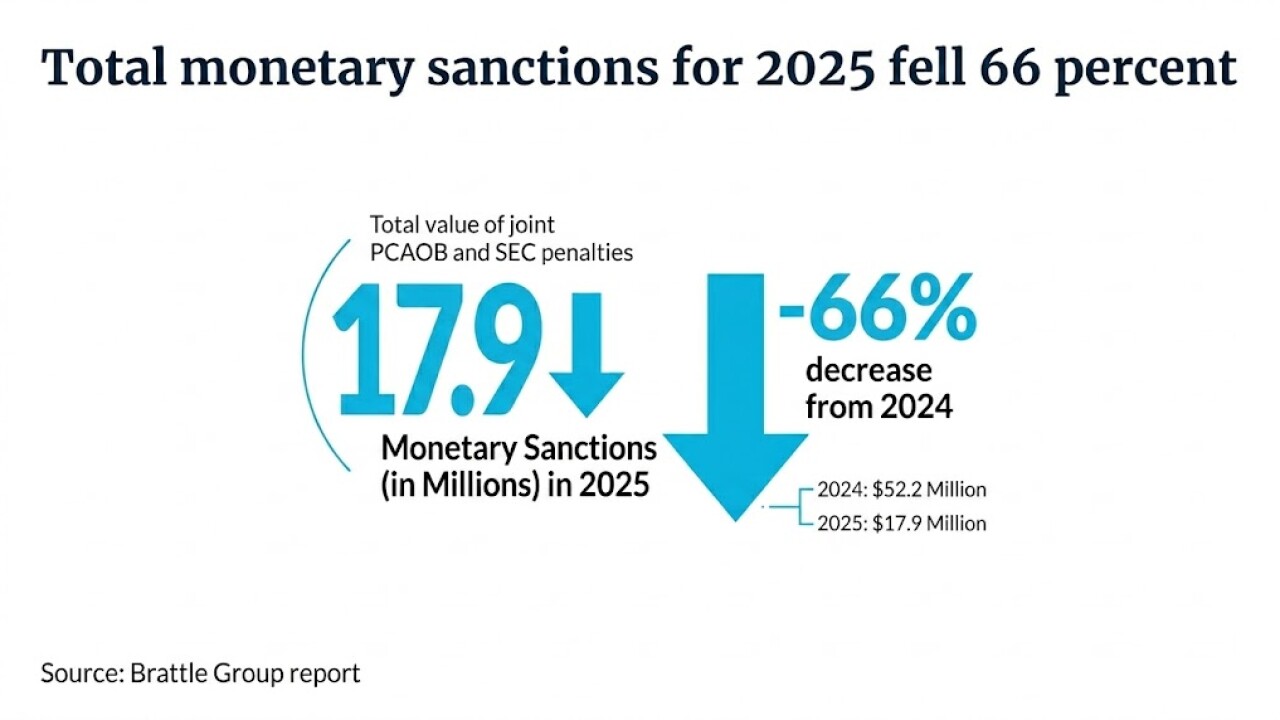Leaders of the House Ways and Means Committee want the Internal Revenue Service to assist taxpayers who are getting information returns in the mail for unemployment benefits they never received.
Identity thieves have been using personal information that has probably been stolen from data breaches to claim unemployment benefits last year during the pandemic. Taxpayers are finding to their surprise that they are now receiving a Form 1099-G in the mail from their state unemployment agency listing benefits that were never sent to them. Lawmakers asked IRS Commissioner Charles Rettig in a letter Monday not to expect them to report and pay taxes for unemployment benefits they never received.
The IRS has been combating identity theft over the years with some success by teaming up with tax preparation chains, state tax authorities, tax software developers and tax practitioners in a group called the Security Summit. But cyberthieves continue to exploit security vulnerabilities, and the pandemic exposed problems with states’ antiquated computer systems. They struggled to keep up with the tide of claims for enhanced unemployment benefits of up to $600 per week under the CARES Act. While many of the unemployed were unable to receive their benefits despite months of trying, identity thieves apparently managed to steal money from people who were employed and never tried to file claims for themselves.

Earlier this month, a group of Republican lawmakers on the committee
“As you know, unemployment benefits are reported on a taxpayer’s return and taxed as income,” they wrote in their letter. “Recipients of unemployment compensation therefore receive an IRS Form 1099-G (Certain Government Payments) and must report the benefits as income on their federal income tax return. Recently, there were reports that Americans are receiving Forms 1099-G for unemployment compensation that they never applied for or received. These individuals appear to be victims of an identity theft scheme where someone else received unemployment benefits using the victims’ personal information.”
The IRS issued guidance last month to help the identity theft victims who are receiving the Forms 1099-G in the mail listing unemployment benefits they never claimed (
“Understandably, victims are alarmed to discover that they were victims of fraud and are confused about the impact of this on their federal income tax returns,” said the lawmakers. “As so many Americans struggle through the worst economy in a generation, the IRS should act quickly to alleviate their concerns. These victims should not be expected to report and pay tax on amounts shown on a Form 1099-G issued as a result of fraud. Further, we cannot allow their income tax refunds — which often are the single largest payment an individual receives each year — to be held up indefinitely while the IRS investigates an identity theft claim.”
The lawmakers asked for answers from the IRS to a list of questions by March 5, 2021. For example, they asked how the IRS’s new Identity Theft Central online service will provide assistance to people who received an erroneous Form 1099-G due to fraud, and whether the IRS has a plan for reviewing 2020 income tax returns that were affected by identity theft related to unemployment insurance payments. They also want to know if the IRS has a “targeted plan” for handling 2020 income tax returns that have been processed but are later identified for underreporting due to a Form 1099-G showing unreported income.





